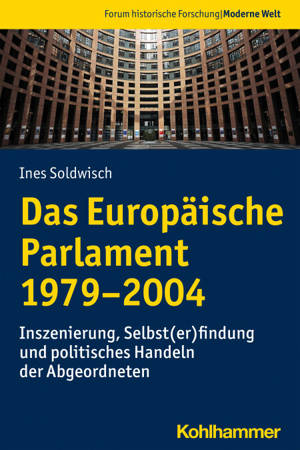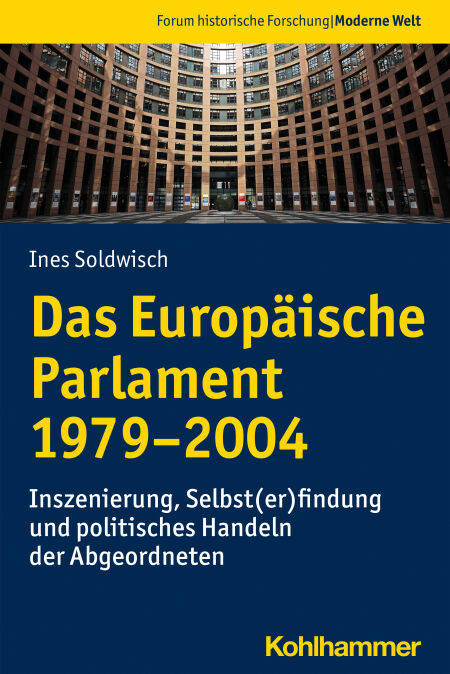
- Afhalen na 1 uur in een winkel met voorraad
- Gratis thuislevering in België vanaf € 30
- Ruim aanbod met 7 miljoen producten
- Afhalen na 1 uur in een winkel met voorraad
- Gratis thuislevering in België vanaf € 30
- Ruim aanbod met 7 miljoen producten
Zoeken
Das Europäische Parlament 1979-2004 E-BOOK
Inszenierung, Selbst(er)findung und politisches Handeln der Abgeordneten
Ines Soldwisch
E-book | Duits
€ 52,99
+ 52 punten
Uitvoering
Omschrijving
The European Parliament (EP) is an influential institution, but it has usually received little attention from historians. Against this background, Ines Soldwisch carries out a critical analysis of the institution from 1979 to 2004. The focus of the study is on the members of the EP, who have ?created= their institution within the framework of the European treaties. The EP is examined for the first time from a micro-perspective, and this unique institution=s communication points, rules of communication and self-organization are described clearly. In this multi-layered study, Ines Soldwisch succeeds both in indicating the institution=s general lines of development and also in adopting the points of view of individual protagonists. The result is a mosaic in which both the details and also the broader contexts emerge.
Specificaties
Betrokkenen
- Auteur(s):
- Uitgeverij:
Inhoud
- Aantal bladzijden:
- 302
- Taal:
- Duits
Eigenschappen
- Productcode (EAN):
- 9783170400696
- Verschijningsdatum:
- 23/02/2021
- Uitvoering:
- E-book
- Beveiligd met:
- Digital watermarking
- Formaat:

Alleen bij Standaard Boekhandel
+ 52 punten op je klantenkaart van Standaard Boekhandel
Beoordelingen
We publiceren alleen reviews die voldoen aan de voorwaarden voor reviews. Bekijk onze voorwaarden voor reviews.








